Strict quarantine, durian prices plummet
At northern border gates, containers of Vietnamese durian are waiting for customs clearance for a week as China inspects 100% of the shipments. The slow testing process has led to a decline in the quality of the fruit, while in the West, farmers are forced to sell durian for only VND35,000–70,000 per kilogram — down about 30% from the beginning of the year and only a third of the price at the same time last year.
In the first two months of the year, durian exports to China recorded a sharp decline: revenue reached only 27 million USD, down 83% compared to the same period in 2024. The market share of Vietnamese durian in China also plummeted from 62% to 37%, while Thailand rose to 62.3% market share.
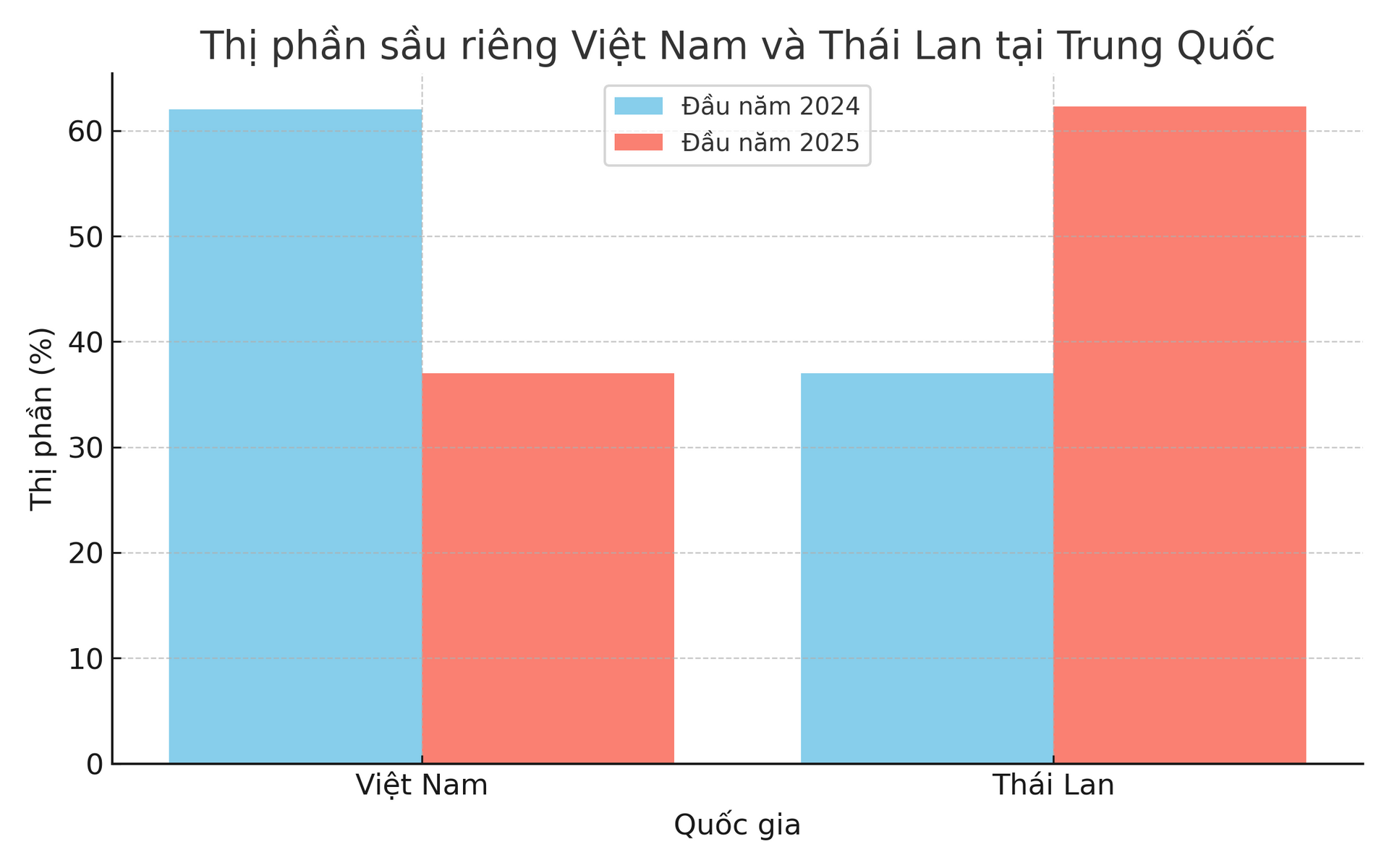
According to businesses, the main reason is that China has increased quality control, especially tightening inspections for heavy metal residues and yellow O - a banned chemical in agricultural products. In addition, warnings about fraudulent growing area codes and violations of plant quarantine have also forced many businesses to temporarily suspend exports to supplement their records.
This situation has caused difficulties for export enterprises. Many units in Tien Giang and Dak Lak have had to temporarily stop purchasing due to concerns that agricultural products do not meet quarantine requirements, while new export contracts from Chinese partners are almost infrequent.
Regional rivals accelerate, compete for market share
Not only under pressure from quarantine policies, Vietnamese businesses also face increasingly fierce competition from new rivals such as Laos, Indonesia and Cambodia.
In Laos, the Attapeu provincial government has granted three companies the right to develop more than 273 hectares of commercial durian, aiming to become a major supplier to China. Chinese companies have also jointly established a durian association and a breeding research center there, and have been allocated an additional 12,000 hectares of specialized cultivation areas.
Indonesia, the world’s largest durian producer with 1.8 million tonnes a year, is also gearing up to tap into the Chinese market. Chinese customs inspected Indonesian plantations and packing plants in March, while Central Sulawesi province has registered more than 3,000 hectares as eligible for export.
Cambodia has also been quick to join the race, signing a protocol with China in April to allow the export of durian, bird’s nests and farmed crocodiles – part of 37 new bilateral cooperation agreements.
Faced with the pressure of being "encircled" by competitors and increasingly strict requirements from China, Vietnamese experts and businesses have proposed many solutions: promoting domestic inspection, promoting the use of standard fertilizers, and proactively testing for heavy metal residues before harvest.
Deputy Minister of Agriculture and Environment Phung Duc Tien emphasized that durian is a key product that brings great export value. He called on the entire industry to work seriously and systematically to maintain market share and ensure sustainable growth in the coming time.
Source: https://baodaknong.vn/sau-rieng-viet-gap-kho-tai-trung-quoc-siet-kiem-dich-doi-thu-moi-troi-day-250949.html



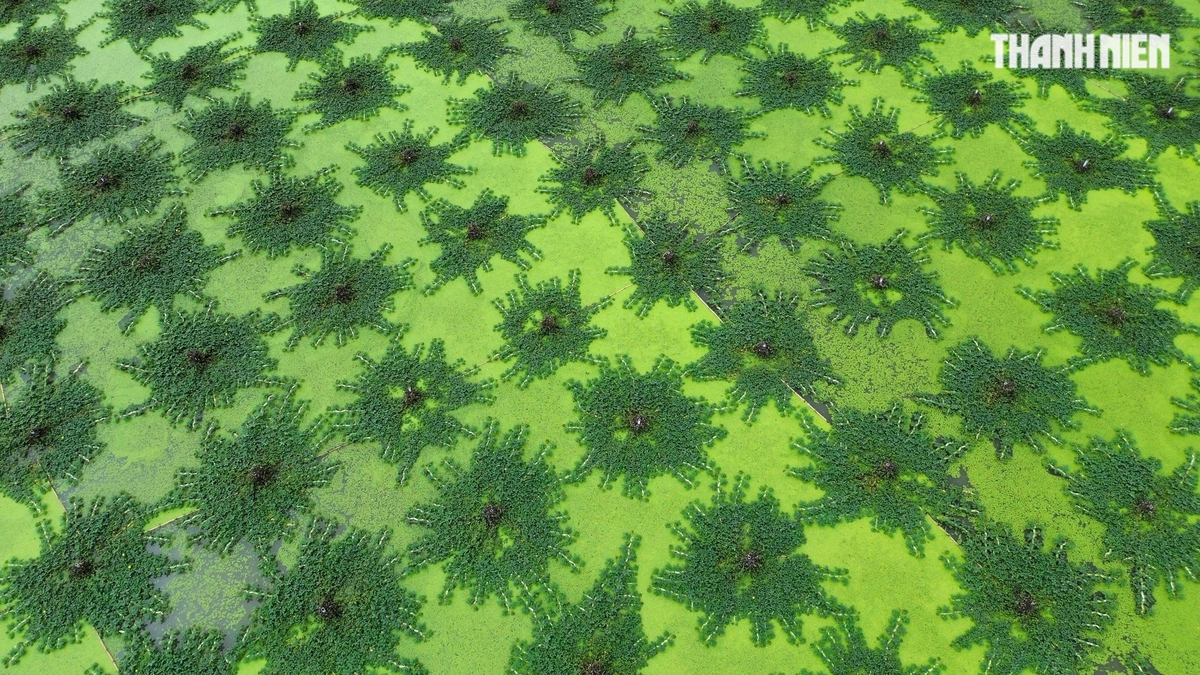
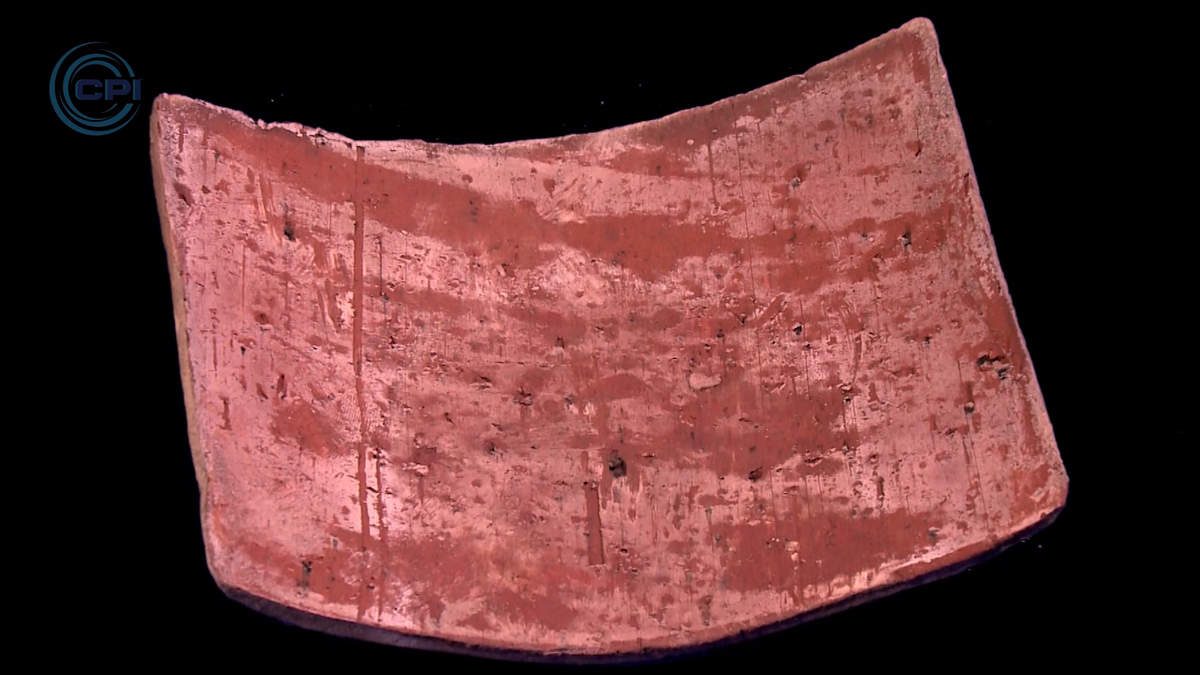

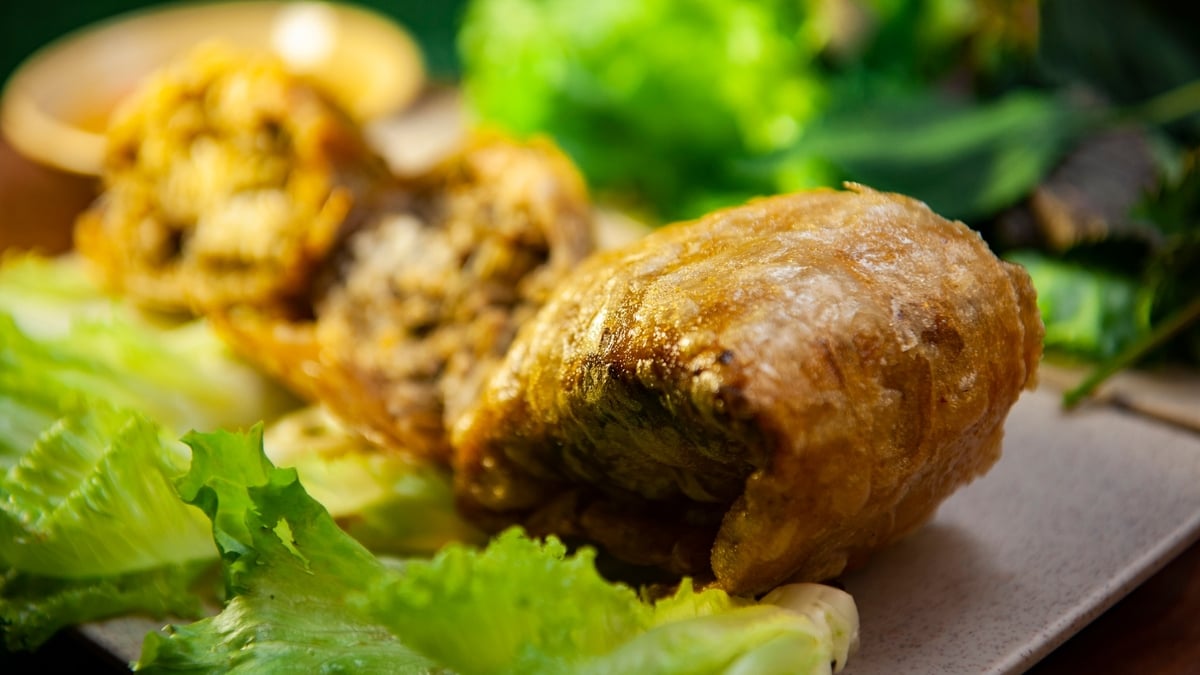

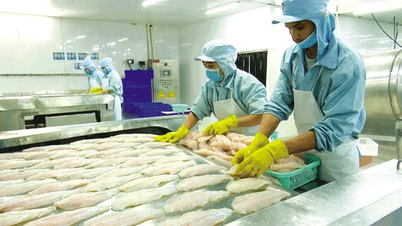
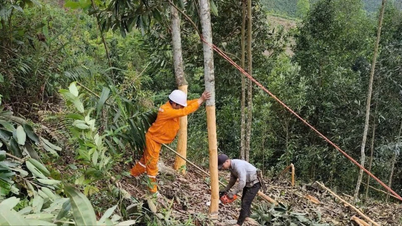
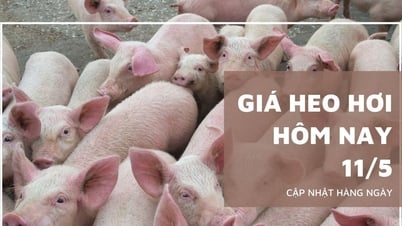


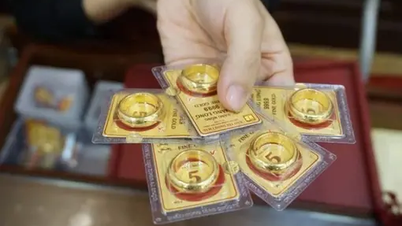









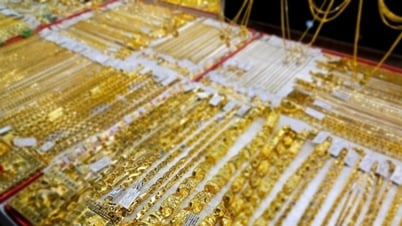


































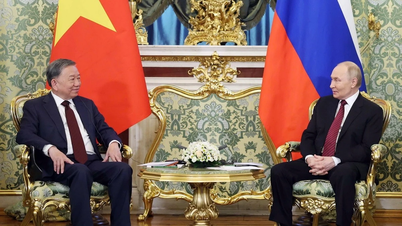


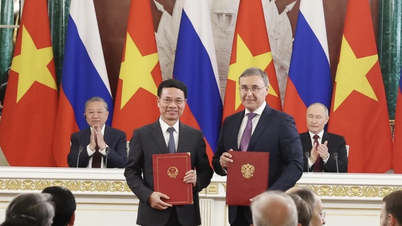

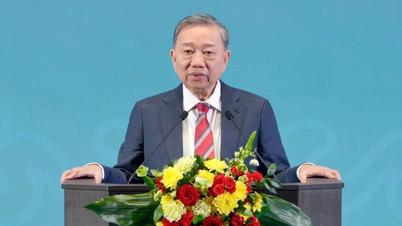










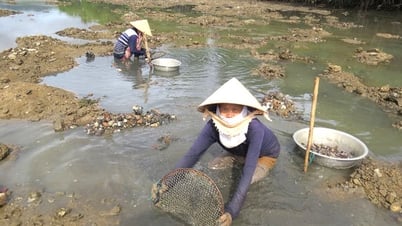


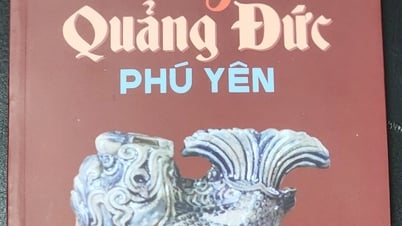














Comment (0)